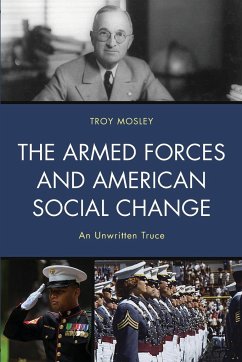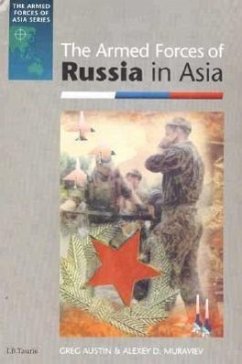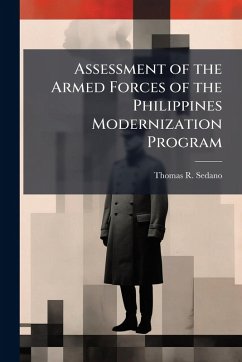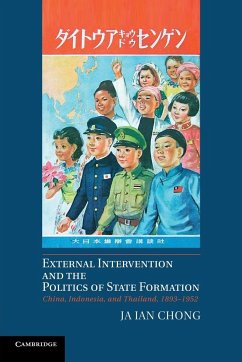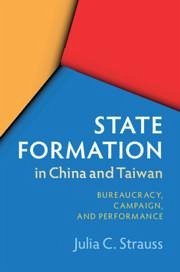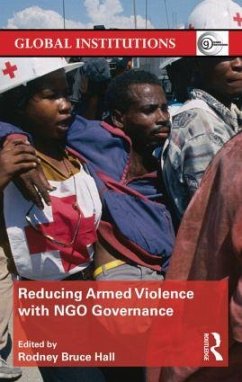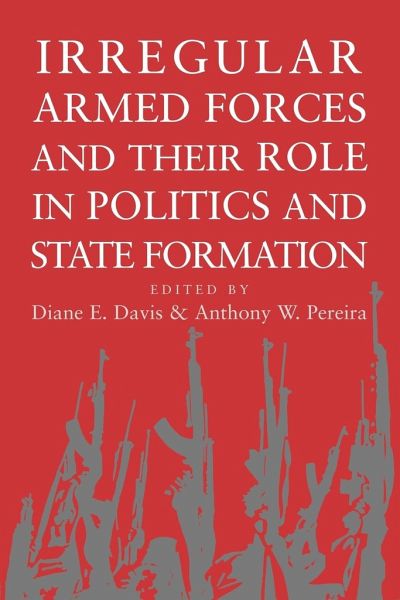
Irregular Armed Forces and Their Role in Politics and State Formation
Versandkostenfrei!
Versandfertig in 1-2 Wochen
48,99 €
inkl. MwSt.

PAYBACK Punkte
24 °P sammeln!
Existing models of state formation are derived primarily from early Western European experience, and are misleading when applied to nation-states struggling to consolidate their dominion in the present period. In this volume, scholars suggest that the Western European model of armies waging war on behalf of sovereign states does not hold universally. The importance of 'irregular' armed forces - militias, guerrillas, paramilitaries, mercenaries, bandits, vigilantes, police, and so on - has been seriously neglected in the literature on this subject. The case studies in this book suggest, among o...
Existing models of state formation are derived primarily from early Western European experience, and are misleading when applied to nation-states struggling to consolidate their dominion in the present period. In this volume, scholars suggest that the Western European model of armies waging war on behalf of sovereign states does not hold universally. The importance of 'irregular' armed forces - militias, guerrillas, paramilitaries, mercenaries, bandits, vigilantes, police, and so on - has been seriously neglected in the literature on this subject. The case studies in this book suggest, among other things, that the creation of the nation-state as a secure political entity rests as much on 'irregular' as regular armed forces. For most of the 'developing' world, the state's legitimacy has been difficult to achieve, constantly eroding or challenged by irregular armed forces within a country's borders. No account of modern state formation can be considered complete without attending to irregular forces.





